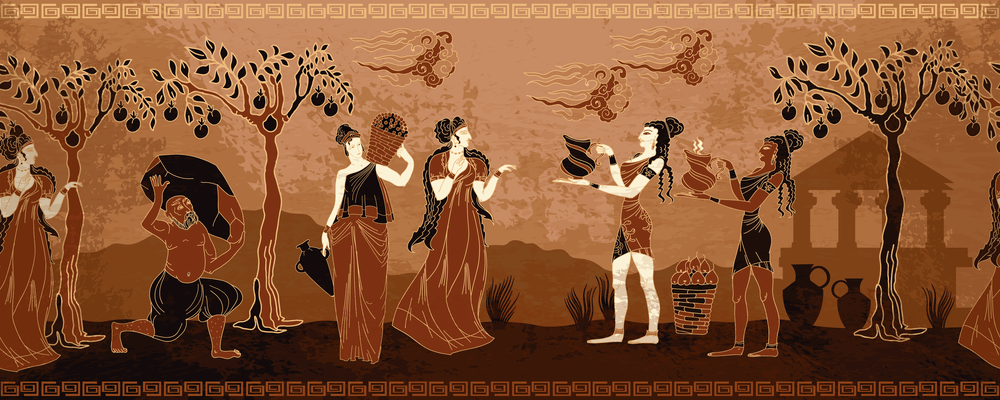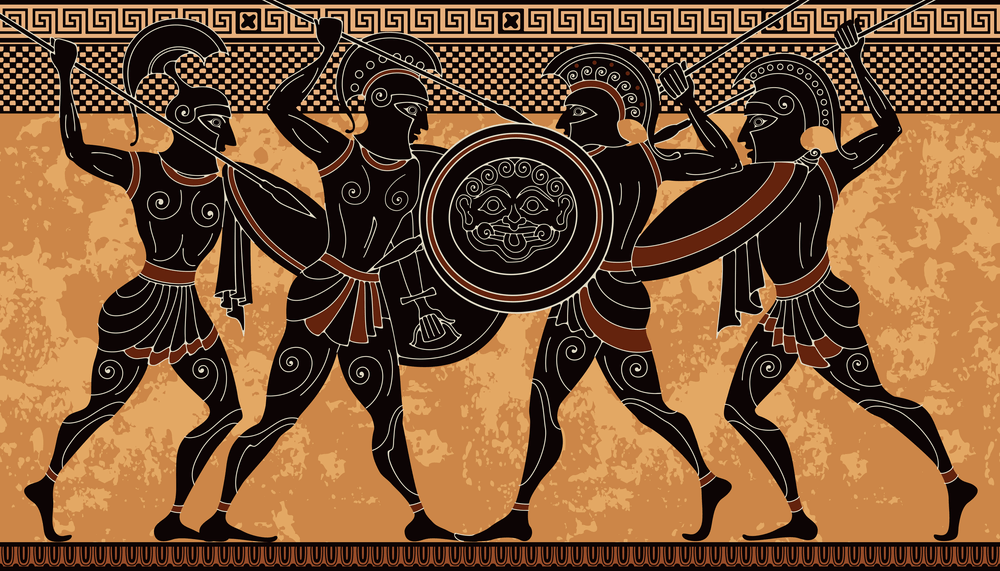Racism: why is this a thing?
Contemporary racism traces back to the 1600s, but humans have been doing similar things throughout history. So have people always been racist? What does it even mean?

What is racism?
By popular definition, racism is a system of beliefs and actions aimed at discriminating against others, based on the notion that humanity is divided into several large groups (called races). This notion assigns races distinct physical features and behavioral traits, making them unequal in some respects. According to the theorists of racism, the inequality is “biologically determined”—and thus, immutable.
To put it simply: racists think that some people are born better than others.
Today’s social science defines racism as a relatively modern concept: its roots trace back no further than the 16–17th centuries. Nevertheless, many contemporary studies reveal the manifestations of racism at almost every place and time in human history.
Does it mean that racism has always been part of human history? The full answer is a bit more complex than “yes” or “no.” Here we’ll explore the issue in the context of the Western world: the “classical” and “fully matured” European and American racism.
Over several centuries, this kind of racism has absorbed many beliefs and ideas, transforming them into elaborate theories, leading to the most nightmarish political ideologies, regimes, and practices.
Antiquity: the origins of xenophobia
Throughout history, every culture has defined itself as “normal” and “natural.” To itself, the culture has “normal” food and language, “normal” clothing, “normal” religion, “normal” laws, and social order. However, when crossing the border, one can meet other cultures with different norms. What would the traveler think of them?
Living in a multicultural society and being acquainted with other cultures, people of today are most often receptive to others. But that was not the case for many human cultures of the past.

Ancient Greeks gave us the words to describe the first piece of the puzzle in the history of racism: ξένος (xénos) meaning “stranger” or “foreigner,” and φόβος (phóbos) meaning “fear.” The word xenophobia (“fear of aliens”) was coined in the late 19th century, and we still use it today—albeit to signify not a phobia in a medical sense but rather a strong dislike of everything foreign.
Though the word is relatively recent, this kind of dislike or fear of others is ever-present even in the oldest surviving literary texts—epic poems. Most of them demonstrated the ancient worldview that placed “normal” people in the center of the world and “monsters” at the rims. Some of the epics have the whole plot based around the hero’s journey to kill a monster at the edges of the world: like Germanic Beowulf or the Sumerian epic tale of Gilgamesh.

